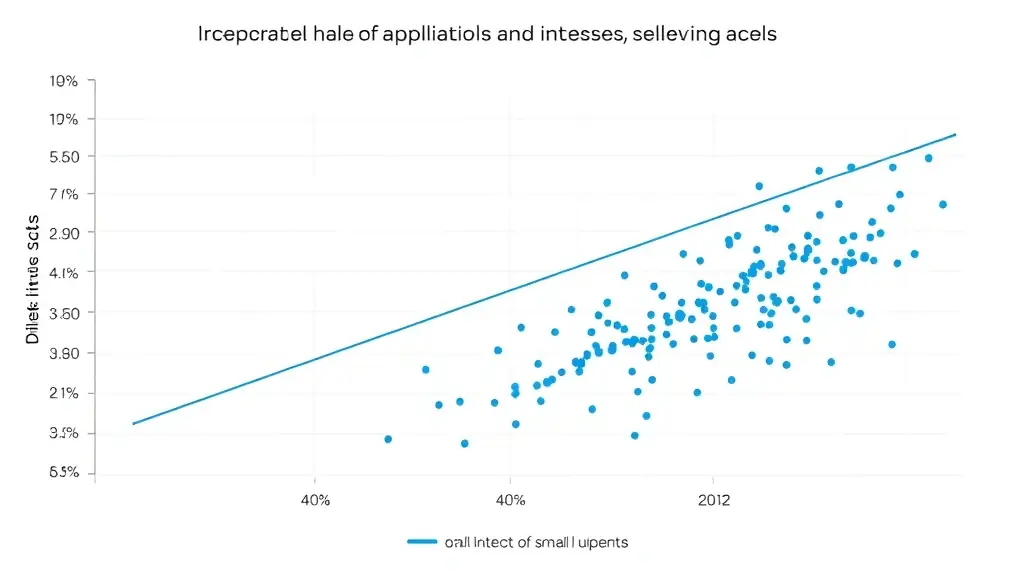The fashion industry is a significant contributor to environmental pollution, with concerns about textile waste, water consumption, and carbon emissions. Consumers are becoming more aware of the environmental footprint of their clothing choices, demanding more sustainable and ethical practices from brands. The industry is responding by adopting innovative approaches to reduce its environmental impact. Sustainable practices in the fashion industry include using recycled materials, reducing water consumption in dyeing processes, and minimizing textile waste. Brands are also focusing on transparency and ethical sourcing, ensuring fair labor practices and responsible production methods. These efforts are crucial for creating a more environmentally and socially responsible fashion industry. However, the transition to sustainable fashion is not without challenges. The cost of sustainable materials can be higher, and consumers may need to adjust their purchasing habits. The industry needs to invest in research and development to find innovative solutions for reducing its environmental impact. Collaboration between brands, consumers, and policymakers is essential for driving this transformation.
Sustainable Practices Gaining Momentum in the Manufacturing Sector
The manufacturing sector is increasingly adopting sustainable practices, driven by consumer demand and environmental regulations.



